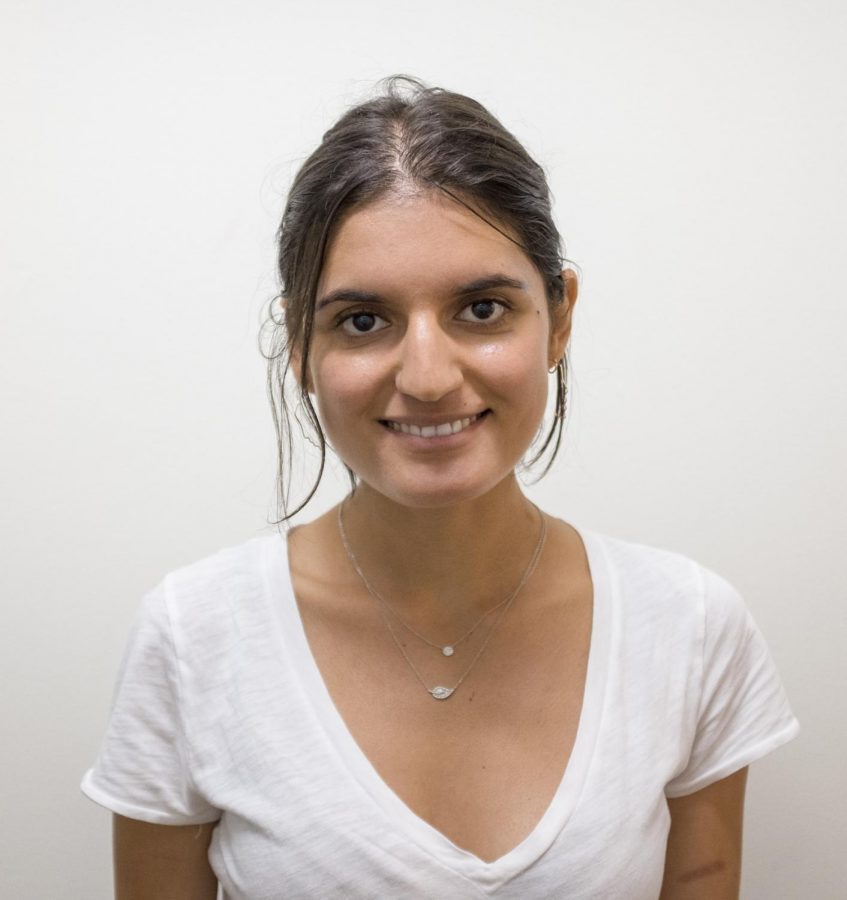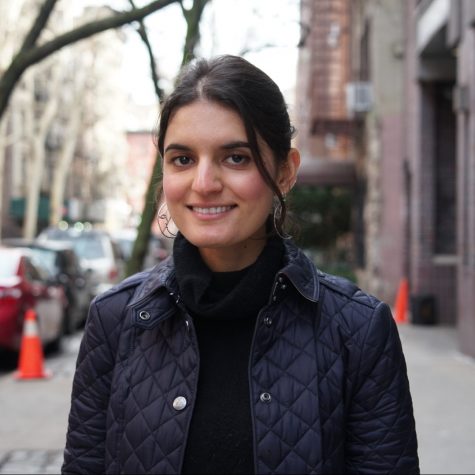How the Anonymous Op-Ed Should Move Us to Action
September 10, 2018
Working at the Opinion desk of Washington Square News, I obviously possess a steadfast passion for the Op-Ed as a written form. When earlier this week, The New York Times chose to publish an Op-Ed from an anonymous “senior official” working within President Donald Trump’s administration, I — along with the rest of the United States — was disturbed by the content I inevitably read, to say the least.
The now infamous Op-Ed, in which the writer outlines the “resistance” within Trump’s administration, is nothing short of horrifying. Following its publication, Trump immediately — and in classic form — channeled his reaction by tweeting the word “TREASON!” (in all-caps, of course). Vice President Mike Pence called the essay “an assault on our democracy.” Reporters are already comparing the publication of the Op-Ed to Deep Throat, the source that leaked information about the Watergate scandal, and the Trump administration is considering usage of lie-detector tests to find its culprit.
Moments like these, when dissidence is cast as treason rather than a fundamental aspect of democratic values, can feel crippling. But then on Friday, former President Barack Obama decided to comment on these seemingly dire political events while accepting an award at the University of Illinois. He expressed his understanding that these were extraordinary times. He, for the first time, outwardly criticized Trump’s presidency. Most importantly, he called the youth he was speaking with at the University of Illinois to take action.
Obama implored students to take matters into their own hands: he insisted that while this distressing Op-Ed would inevitably unsettle us, the greatest power we have in our democracy is the power to get out and vote. Obama addressed us directly, as a generation of young people defined by the increasing divisiveness within our political and governmental spheres. Obama’s speech last Friday served as a reminder for me to pick up my laptop, get online and go through the surprisingly simple, five-minute process of registering to vote so that I can do my duty when the midterms come around this November. Maybe I’m wide-eyed because this is my first big election cycle in which I can vote, but why shouldn’t I be?
We have the fundamental right to be vehicles for change. By being granted the right to vote, we, as young people, are handed the opportunity to stake our claim in history and to not sit idly by while our democracy is being abused. We sit in classrooms each day and are told by our history professors that we learn history so that we better understand our future. We continue to teach our students about war, oppression and historic patterns of discrimination so that we do not let these things happen again. Nonetheless, we sometimes forget how much power we have to affect this change at the ballot box.
So please — go online (if you are from one of the 37 states that enables online registration) and register. Do it while you’re laying in bed scrolling through Twitter tonight. Do it while you’re brushing your teeth tomorrow morning or standing in line for coffee before class. You’ll feel better for having done it — to reiterate Obama’s sentiments, “don’t boo, vote.”
We do not live in a nation where a senior official in the White House should be anonymously coming forward to declare that “there are people inside the White House who secretly aren’t following the president’s orders,” as Obama says. That shouldn’t be a reassurance.
We, as a population, should come together to elect a leader that we deem fit to not only protect our nation, but to protect each and every one of us. And while protesting and organizing is inexplicably crucial, no matter how many times we storm the streets or call for impeachment, or express our utter and absolute agony, it will all be in vain unless we get out and vote this November. We owe it to ourselves, and we owe it to each other.
Opinions expressed on the editorial pages are not necessarily those of WSN, and our publication of opinions is not an endorsement of them.
A version of this article appeared in the Monday, Sept. 10 print edition.
Email Hanna Khosravi at [email protected]

























































































































































